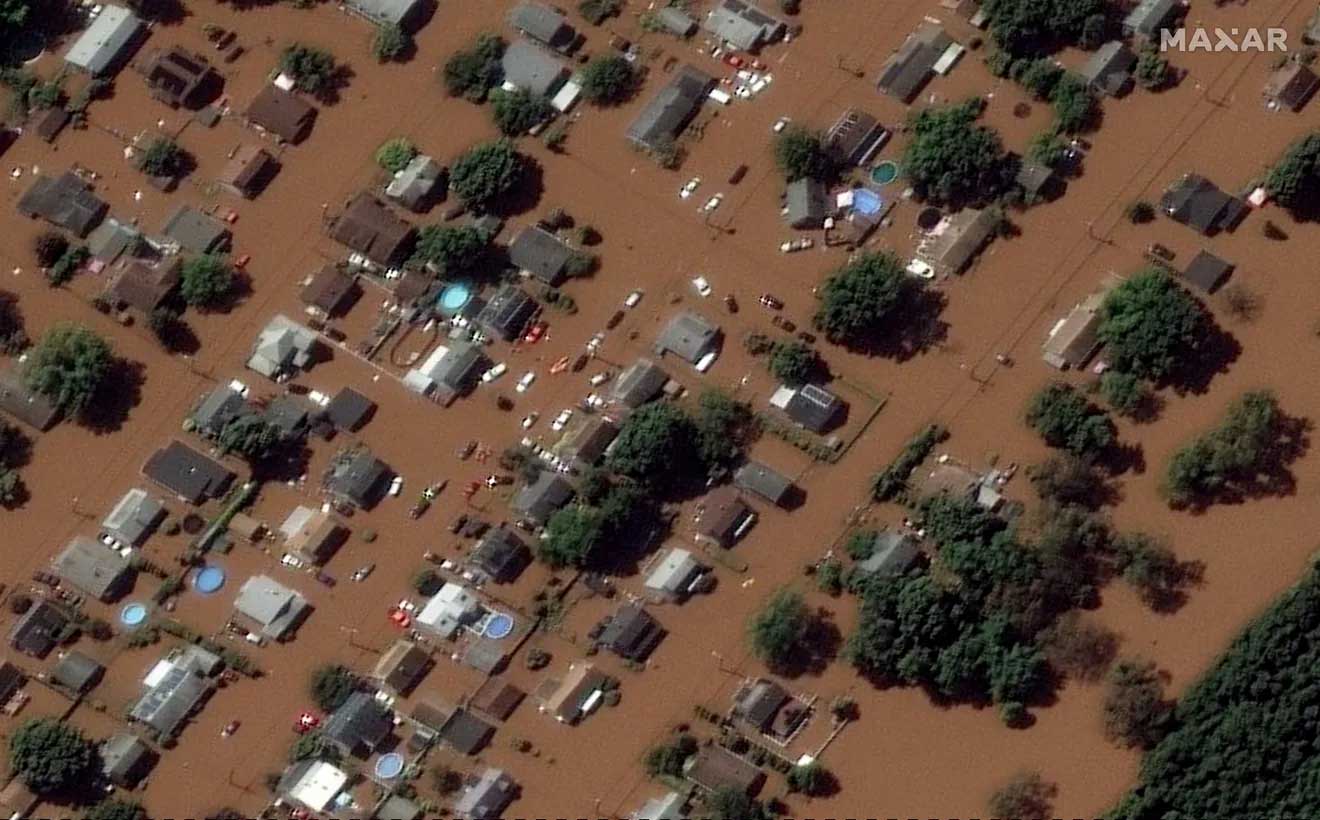[ad_1]

A new statewide law in New Jersey goes into effect on March 20 requiring that homeowners disclose to prospective buyers whether their property has a history of flooding.
Homes living in registered flood zones were already required to disclose this information. This goes one step further to ensure that people in the market to buy homes know what they’re investing in.
“We have plenty of houses that are not in flood zones that have flooded,” said Holly Martins, a realtor serving North Jersey. “It ultimately gives the buyer more confidence because they’re being transparent about what they’re selling.”
Martins said in the past she has brokered the sale of homes, only for the owners to discover shortly after closing that their basements pooled up with water at the first heavy rain. “The owner said ‘now that you mention it, we did have water in the basement a few years ago,’” Martins said. “That happens all the time.”
For the owners of flood-prone homes who are wondering whether this new law will make your home less desirable in the real estate market, Martins said the best thing you can do is install an outdoor irrigation system or waterproof your basement. These upgrades can cost upwards of $10,000 but it’s worth the investment.
“We found when individuals are proactive about mitigating flood damage or putting in preventative measures, that goes a lot further than trying to hide the problem,” Martins said. “It may negatively impact property values, but by and large, when a house is priced appropriately it does sell eventually because we have such a housing shortage.”
A broader question that environmentalists are beginning to raise is whether local governments are somehow culpable for worsening of floods within their borders by permitting development in places, such as forests and wetlands. Zoning laws already restrict the amount of impervious surface a property can have in the effort to mitigate stormwater. Some municipalities are going a step further by beefing up on infrastructure. In Millburn, where the downtown was ravaged by Hurricane Ida, the township invested $700,000 in a drainage project that diverts runoff into the local sewer.
However, conservationists argue that the best measure is to preserve wetlands and forests. The consequence of urban sprawl falls not only on homeowners, but it costs townships in the erosion of roads and waterways, according to a United States Geological Survey report.
This is the battle that a three-township coalition called WeCare is fighting to protect 6,000 trees within a 120-acre wetlands forest on the border of West Orange, Essex Fells, and Verona where a developer wants to build a residential complex with nearly 500 units.
The project is somehow moving forward, appearing last week for a West Orange Site Plan Review without the developer, West Essex Highlands, Inc, having gotten a Flood Hazard Permit from the state’s Department of Environmental Protection.
“It’s mind boggling for us that the town is seriously considering this and not asking real questions,” said Jennifer Sharret, a member of WeCare. “We could go through this whole planning board process, which will be contested, and the DEP may ultimately deny the permit anyway.”
Learn more about New Jersey’s flood disclosure law here.
Follow Holly Martin on Instagram.
[ad_2]
Source link


